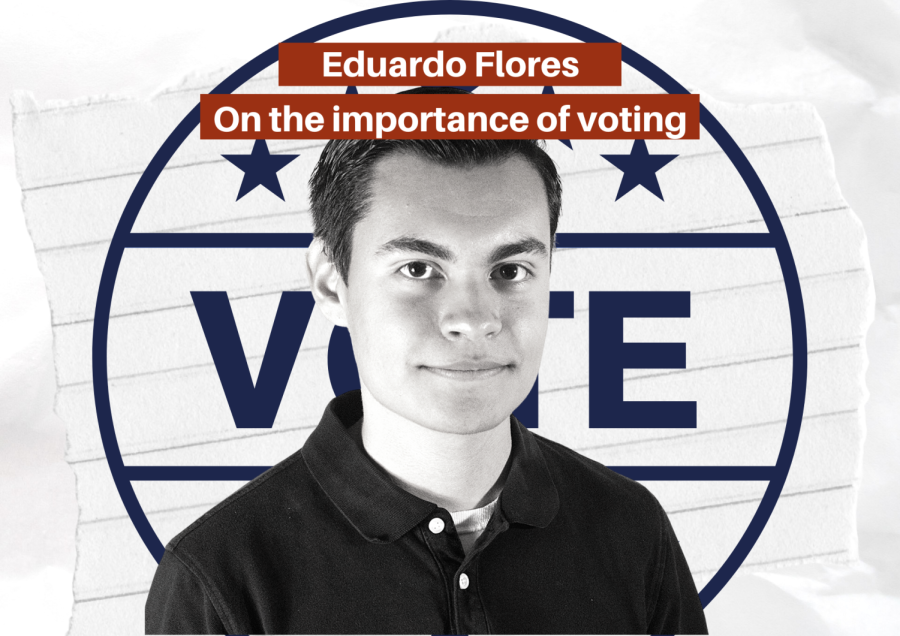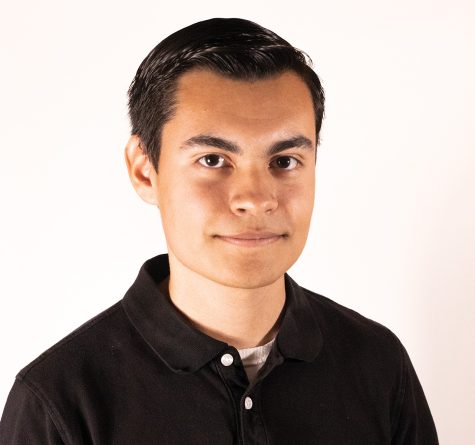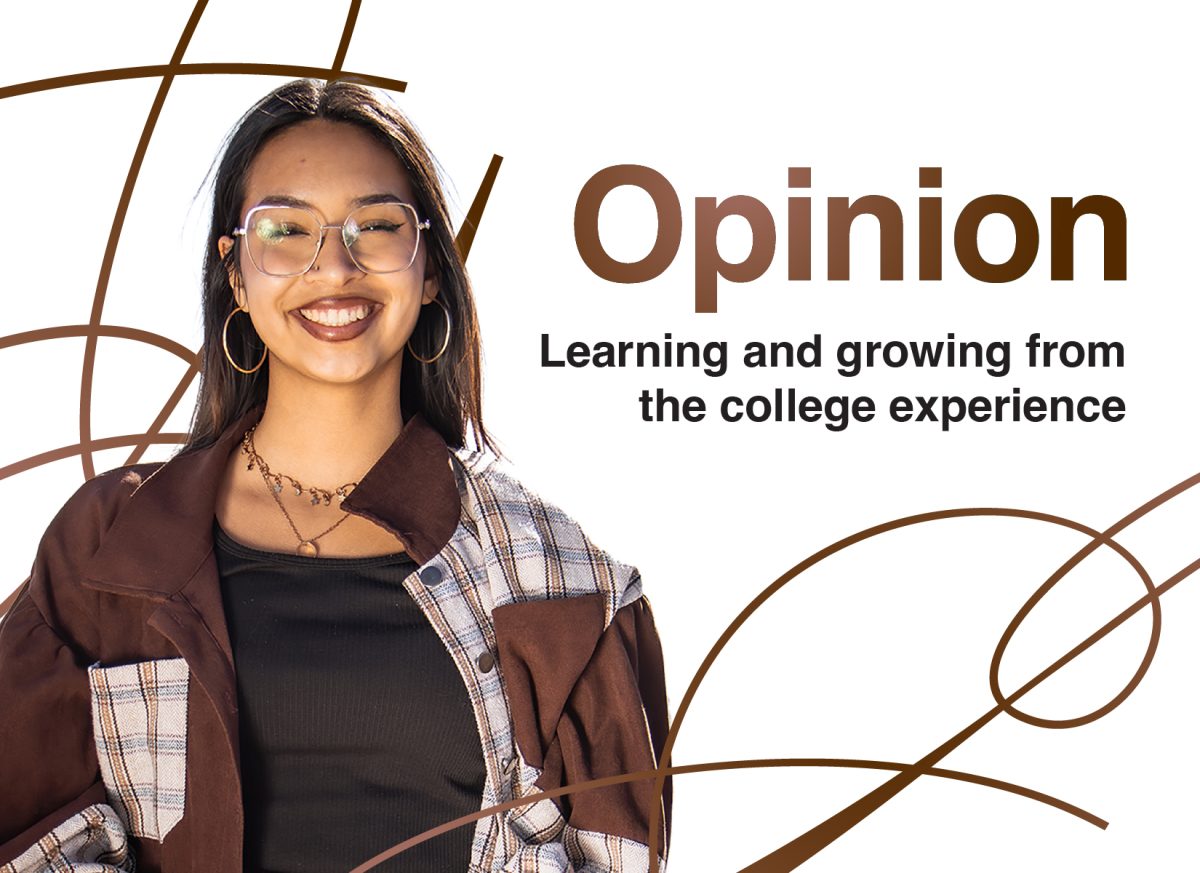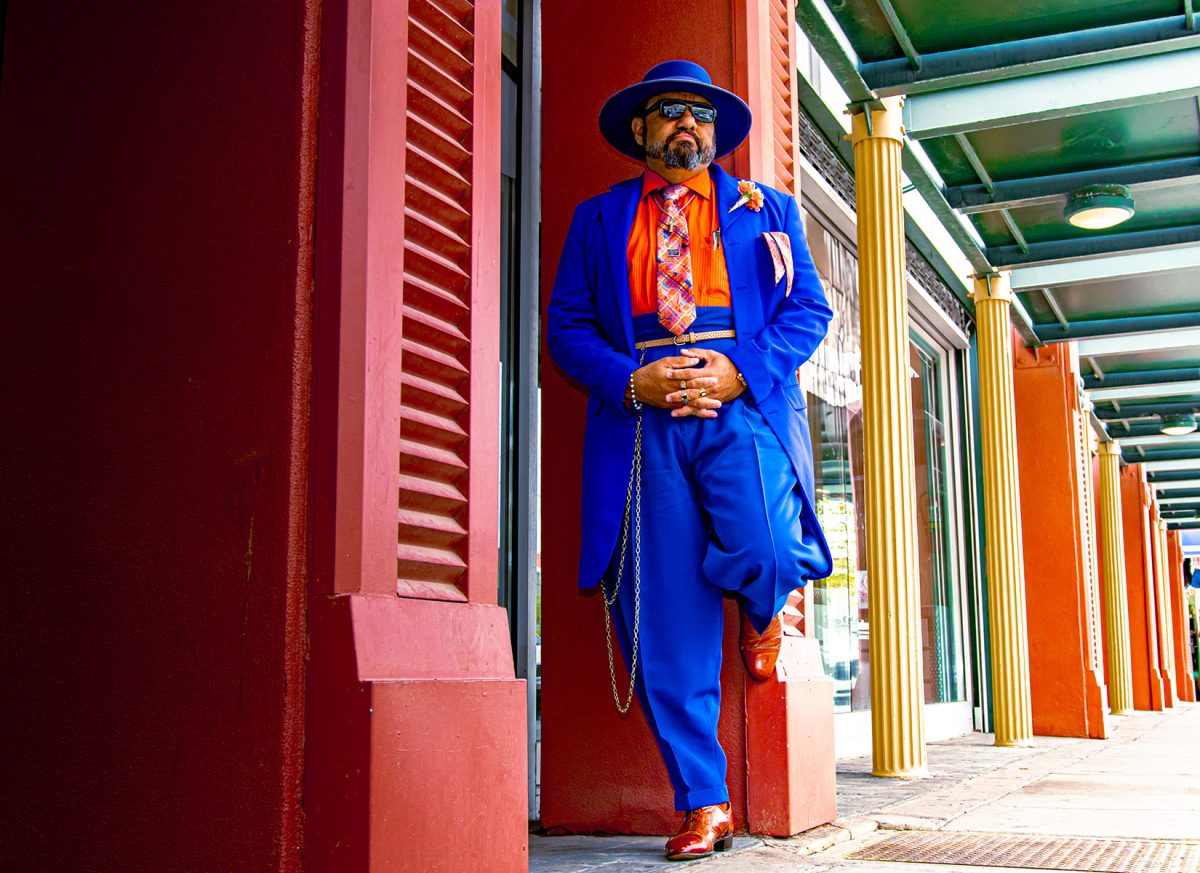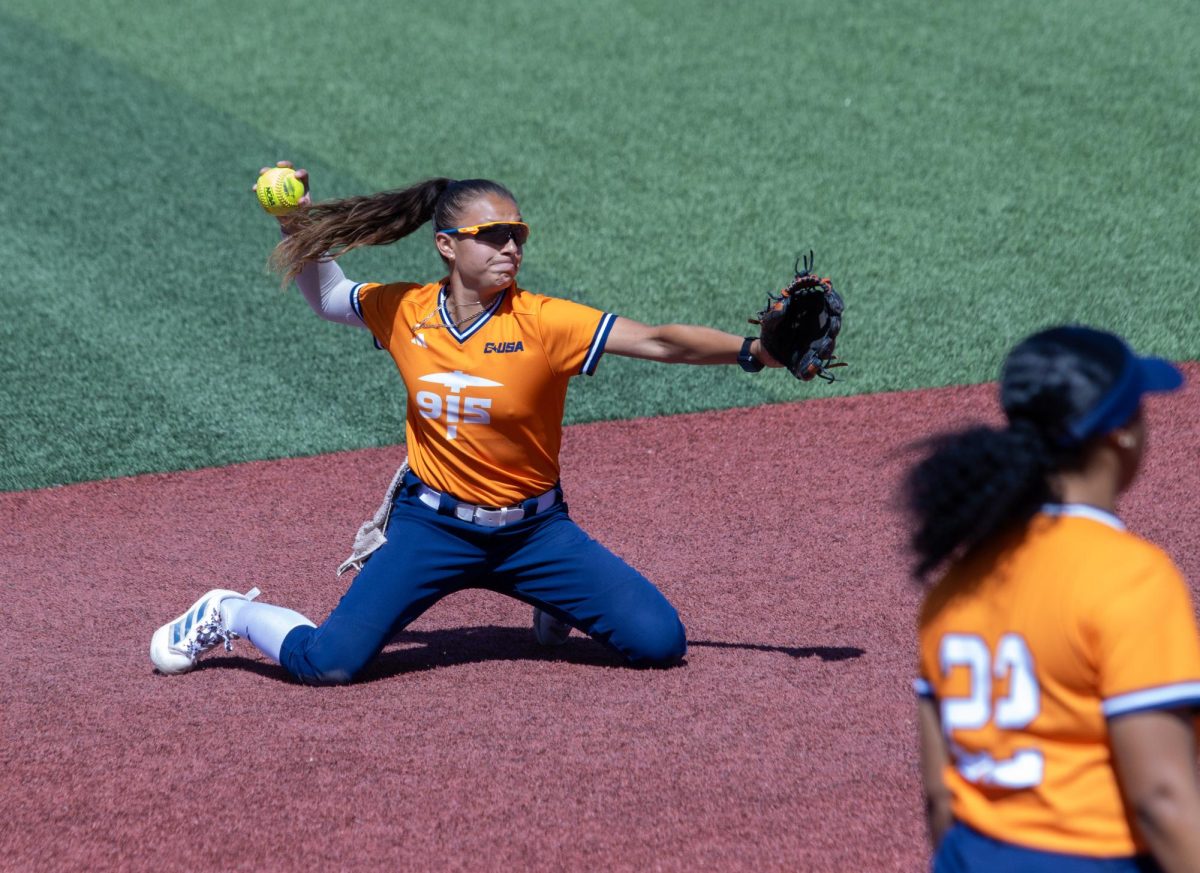What issues as a student, parent, grandparent, neighbor, or worker do you care about? Is it homelessness? Gun control? Immigration? Climate change? LGBTQ rights? Abortion? Student loan debt?
Before saying that voting is our civic duty and makes a stronger democracy, we must acknowledge the long history of fighting against the United States for denying citizens the right to vote.
In the beginning, the U.S. Constitution only allowed white male citizens over the age of 21 the right to vote. Women were denied the right to vote until 1920, when the Nineteenth Amendment was ratified. In the same way, African Americans were not guaranteed basic voting rights until President Lyndon B. Johnson signed the Voting Rights Act in 1965. 18-year-olds were not allowed to vote until 1971, when the 26th Amendment was ratified, followed by the Vietnam War.
As a UTEP political science student conducting research and interpreting data on voting behavior and political participation, it is easy to observe that young individuals are the least likely to be registered.
Individual apathy is commonly cited as the primary reason why young people do not vote, but that statement is false. The best example to prove that argument wrong is the young political organizations that exist across the United States. No matter your political affiliation, there are organizations led by young people.
El Paso has the UTEP/EPCC Texas Rising, El Paso Young Democrats/Republicans, and Justicia Fronteriza. Similarly, we have the Young Democrats of America and the Young Republican National Federation at the national level.
The question now is, if it is not apathy, then why does the young population have the lowest number of people registered to vote? Many young voters experience difficulties arranging their work and school schedule, finding transportation to the polls, or understanding where to vote. Some students have two jobs while simultaneously being full-time students or fulfilling their role of a child, sibling, cousin, and even parent.
However, as young voters, we must understand and reflect that the only thing we can decrease in a world where problems increase every day is waiting for a change. Our votes today influence the future of the country and the lives of our upcoming generations. History books and textbooks will someday include our time periods, but it is up to us to decide how the history of today will be told.
An example of how just a few votes decided U.S. history includes the 1960 election, where Richard Nixon would have been elected president instead of John F. Kennedy if only approximately one person from each voting place had voted differently.
“If all of you had voted the other way – there’s about 5,500 of you here tonight – I would not be President of the United States,” said President John F. Kennedy April 28, 1961, at a dinner of the Democratic Party of Cook County in Chicago.
In the same way, the impeachment trial of President Andrew Johnson would have resulted in his removal from office in 1868 if just one U.S. Senator had voted differently.
Another example includes the state of Texas, formerly known as the “Republic of Texas” which, after its independence from Mexico, was invited to join the Union, but if only one U.S. Senator had voted differently, it would have never become part of the United States in 1845 nor became the 28th state. The original vote in the Senate was a tie at 26-26, but Sen. Henry Johnson, R-Louisiana, changed his vote, allowing the measure to pass 27-25. Thus, it can be said that Texas annexation was the result of a single vote.
The outcome of the 1960 election and the two U.S. senators that we now consider our history were chosen by our ancestors, whose votes continue to impact the present day. We are now witnesses to how their votes become a way to put their ideals and vision of the future into practice. Change can always be made, but only if all voices become heard on the ballots, especially young people whose population constantly increases.
The path to full voting rights for all American citizens was long and often challenging, but this November, American voters will get the chance to vote in the 2022 midterm elections. All 435 House seats and 35 of the 100 Senate seats are on the ballot. Additionally, 36 out of 50 states will elect governors, including Texas, where democratic candidate Beto O’Rourke will challenge incumbent Gov. Gregg Abbott for the gubernatorial seat. The official election date to cast your ballot is Nov. 8.
Eduardo A. Flores is a contributor and can be reached at [email protected]; @eduardo_aa_flores on Instagram; @floreseduardo on Twitter.



